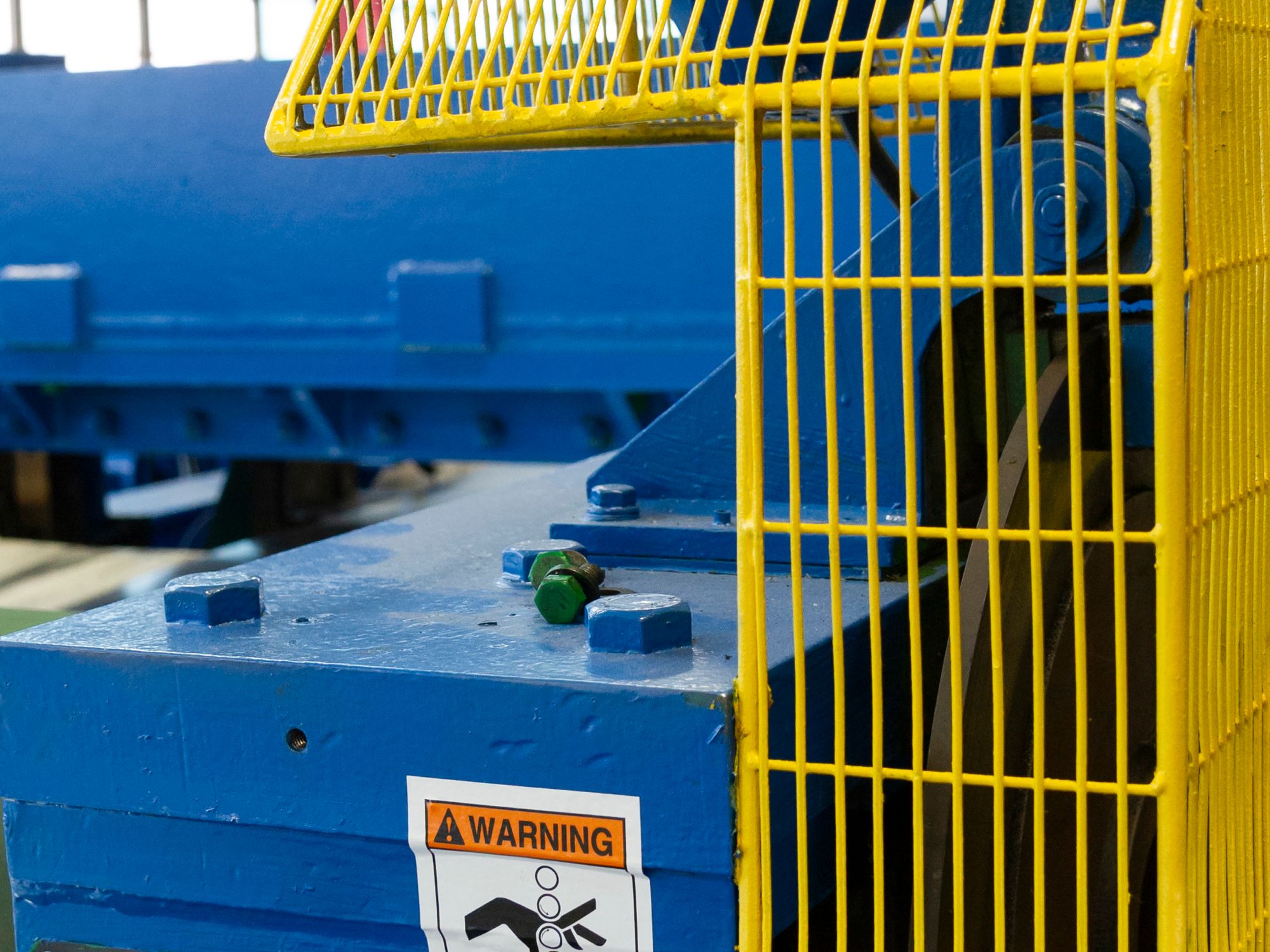
Be Part of the Ultimate Safety & Compliance Community
Trending news, knowledge-building content, and more – all personalized to you!
:
|

What is minor servicing?
Minor servicing involves activities that are part of normal production, machine safeguards (including interlocked barrier guards) provide employees with the protection they need, and equipment does not have to be locked out.
When does the minor servicing exception apply?
The lockout/tagout standard does not apply when minor tool changes and adjustments and other minor servicing activities that take place during normal production operations.
The minor servicing must be necessary to allow production to proceed without interruption. OSHA says that the exception only applies if lockout tagout “would prevent the machine from economically being used in production.” Also, the minor servicing activity must be:
This exception applies only if each of these elements is met.
As an example, OSHA says that the exception would apply when removing a finished part from an injection molding machine. “Once the machine has completed a cycle, opening the interlocked sliding gate guard prevents the machine from beginning another cycle until the operator repositions the guard.” In fact, OSHA accepts the use of interlocked barrier guards as protection during minor servicing like clearing minor jams that occur during normal production operations.
If the exception applies, the machine does not have to be locked out, but workers must still be protected using machine safeguards.
Very importantly, during normal production lockout/tagout can and does apply under certain circumstances.

What is minor servicing?
Minor servicing involves activities that are part of normal production, machine safeguards (including interlocked barrier guards) provide employees with the protection they need, and equipment does not have to be locked out.
When does the minor servicing exception apply?
The lockout/tagout standard does not apply when minor tool changes and adjustments and other minor servicing activities that take place during normal production operations.
The minor servicing must be necessary to allow production to proceed without interruption. OSHA says that the exception only applies if lockout tagout “would prevent the machine from economically being used in production.” Also, the minor servicing activity must be:
This exception applies only if each of these elements is met.
As an example, OSHA says that the exception would apply when removing a finished part from an injection molding machine. “Once the machine has completed a cycle, opening the interlocked sliding gate guard prevents the machine from beginning another cycle until the operator repositions the guard.” In fact, OSHA accepts the use of interlocked barrier guards as protection during minor servicing like clearing minor jams that occur during normal production operations.
If the exception applies, the machine does not have to be locked out, but workers must still be protected using machine safeguards.
Very importantly, during normal production lockout/tagout can and does apply under certain circumstances.